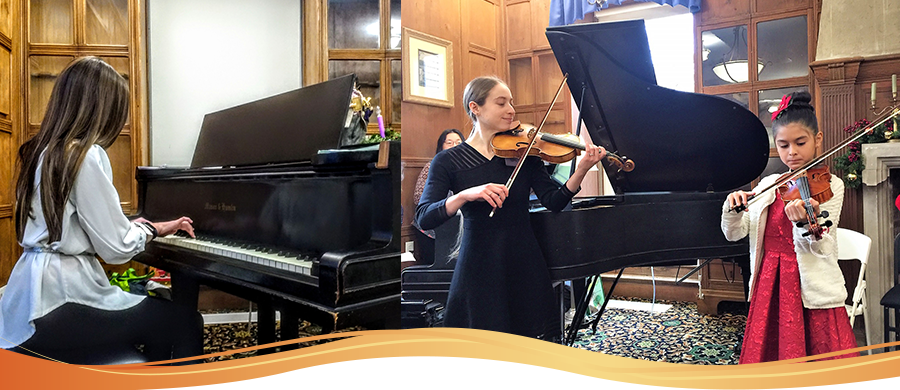Violinist age 14 plays "Sarabande" by Handel
It's probably no surprise that Georg Frederic Handel (1685-1759), an exact contemporary of Bach, also wrote many pieces featuring the dance forms that were popular among composers at the time. But it's hard to believe that the stately sarabande was originally thought to be a terrible influence - it was described in a "Treatise Against Public Amusements" in 1609 as "enough to excite bad emotions in even very decent people"!
The Sarabande probably had its origins in Central America, in particular Guatemala and Mexico, in the 16th century. It was actually banned in Spain by King Philip II in 1583, thanks to the sentiments above - but that didn't stop it being performed. It spread to Italy in the 17th century, and then - thanks to composers like Handel and Bach, who often used it in their suites of dances - to France, where it became a popular slow court dance.
Having started his career in his native Germany, in 1710 Handel became Kapellmeister (Music Director) at the court of Prince George of Hanover. But in 1714 Prince George became King George I of England, and Handel's success in England led him to settle there permanently. His famous "Water Music" suite was performed several times on barges on the River Thames for the King and his guests. In 1727 Handel was commissioned to write four anthems for the Coronation ceremony of the next king, George II, and one of these anthems, "Zadok the Priest", has been played at every British coronation ceremony since.



